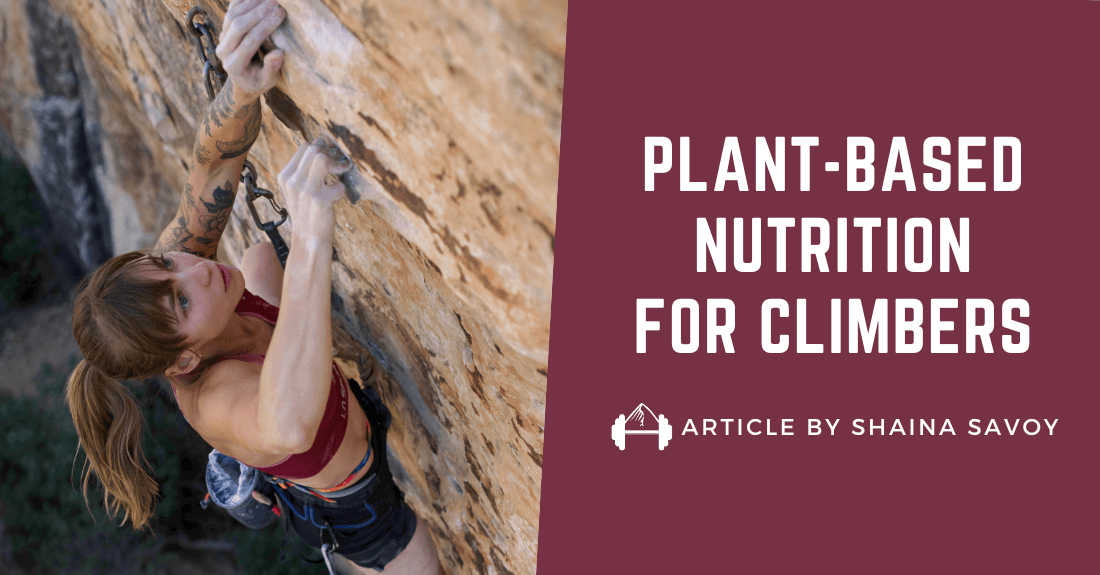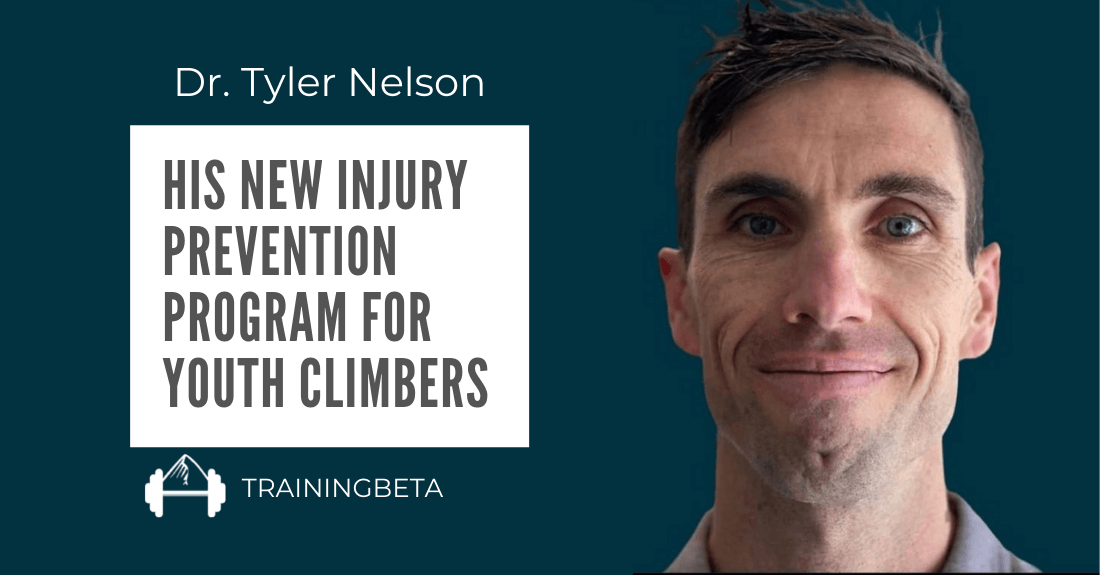A while back, we sent out a survey for our audience to fill out about the effects of drug use on climbing performance. The survey contained questions about alcohol, marijuana, hallucinogens, and amphetamines, and whether they make our experiences of climbing better, worse, or neutral.
The survey was part of a research study conducted by Dr. David Fiore, et al of the University of Nevada, Reno School of Medicine. They recently got in touch to give us some highlights of their findings. With over 5300 responses, this is a great sample size of our community, and these findings are super interesting.
From the Authors of the Study…
We are writing to thank you again for your assistance in gathering data for our project, and to share with you some highlights from our study. We are working with a statistician to analyze our data; once this has been finalized, we will submit a paper for publication.
- We gathered data from over 5,300 respondents; nearly 4000 were male (79%) and 1000 were female (20%); the remainder checked “other” or preferred not to answer
- We had fairly even distribution of climbing experience, ranging from 1-3 years’ experience to > 14 years’ experience
- Most of our respondents report that they boulder, sport climb and trad climb at least some of the time; the vast majority either rarely or never free solo
Below are some of the highlights and surprising findings of our raw data:
All Drugs and Alcohol
Among all respondents, 57% report having ever used drugs or alcohol while climbing and 43% report never having used.
Among female respondents, 41% report having ever used drugs or alcohol while climbing; 61% of males report that they have ever used while climbing.
Alcohol Usage and Climbing
- With respect to alcohol (among people who have used it while climbing), though 62% state they either think it greatly or slightly impairs their performance, 23% are neutral and 15% say that it either slightly or greatly improves their overall performance.
- 48% believe that alcohol slightly improves their confidence and 9% believe that it greatly improves their confidence.
- 47% feel it slightly improves their anxiety, and 11% feel it greatly improves their anxiety while climbing.
- 56% strongly agree that they would be uncomfortable being belayed or spotted by someone under the influence of alcohol, 14% slightly agree that they would be uncomfortable, and 20% state that it depends on their level of intoxication.
Marijuana Use and Climbing
- 24% of respondents that report having used marijuana while climbing feel that it improves their performance slightly, and 6% feel that it greatly improves their performance.
- 26% feel it slightly improves their confidence and 8% feel it greatly improves their confidence.
- 35% feel it slightly improves their focus, and 15% feel it greatly improves their focus.
- 51% feel slightly or strongly uncomfortable being belayed or spotted by someone under the influence of marijuana.
Hallucinogen Usage and Climbing
- Among persons that have used hallucinogens while climbing, 25% believe that it slightly improves performance and 10% state that it greatly improves performance; similarly, 25% feel that hallucinogens slightly improve confidence and 15% feel that it greatly improves performance.
- 81% of respondents are strongly uncomfortable being belayed or spotted by someone under the influence of hallucinogens, while another 7% are slightly uncomfortable.
Amphetamine Usage and Climbing
- Among persons that have used amphetamines while climbing, 47% believe that it slightly improves performance and 13% believe that it greatly improves performance; 44% feel that it slightly improves confidence, while 16% feel that it greatly improves confidence.
- 40% feel it slightly improves their focus, and 27% feel it greatly improves their focus.
- 53% feel it either slightly or greatly improves pain while climbing.
- 72% of respondents are strongly uncomfortable with being belayed or spotted by someone under the influence of amphetamines, while another 9% are slightly uncomfortable.




The other thing to consider of course is the impact and alcohol has on muscle recovery. Drinking alcohol after a hard workout weans that it will take longer for the muscles to recover. This means that you either climb less frequently, or climb with sore muscles. Both of which will have a negative impact on performance and confidence.